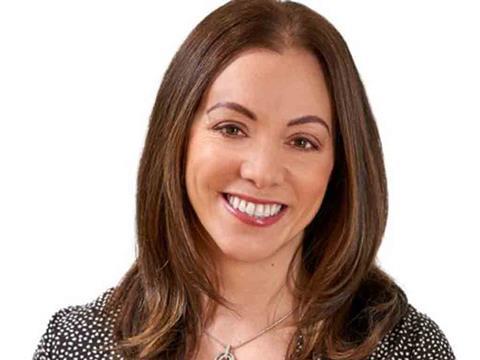
The long-awaited Pension Schemes Bill landed on 5 June, hot on the heels of the UK government issuing several consultation outcome reports on key pension reform issues. The intended direction of travel is now clearer, though much of the detail has been left to underlying regulations which will follow in due course.
The government also announced that it will introduce legislation to resolve the Virgin Media Section 37 issue that has been causing great uncertainty for many defined benefit (DB) schemes and employers. There will still have to be a process and we await the details of what the retrospective actuarial confirmation will require. But at least the door is now open to a sensible solution, and this announcement will provide much relief to trustees and employers.
For DB schemes, the Pension Schemes Bill will give trustees a statutory power to amend their scheme rules to enable surplus sharing with employers. The published reports suggest that this will be permitted where a scheme is fully funded on a low dependency basis, rather than on a buy-out basis. This lower threshold may bring additional surplus into scope for potential extraction.
Currently, the relevant legislation requires trustees to be satisfied that releasing surplus is in the interests of members, which has made surplus sharing difficult to date while a scheme is ongoing. This is expected to be simplified in legislation so that trustees must act in accordance with their overarching duties to scheme beneficiaries, which will remain unchanged, with The Pensions Regulator guidance planned to facilitate trustee comfort in sharing surplus with employers.
There are no proposed restrictions as to how employers can use any extracted surplus, although the tax charge on extracted surplus looks set to remain at 25%. The new statutory power will be vested solely in trustees. However, it is still unclear whether the changes will maintain or strengthen the legal hurdles involved. Nonetheless, the lack of any restrictions on the use of surplus will be welcome news for employers, since the alternative approach risked adding yet another layer of complexity.
In relation to defined contribution (DC) schemes, the Pension Schemes Bill will bring in a new value-for-money framework that looks at value across a broader range of scheme metrics, rather than just costs. In light of this, the government has decided not to place any new duties on employers and advisers as regards assessing value.
With an increased focus on decumulation, trustees of DC schemes will be required to offer a retirement income solution, or range of solutions, to members. For own trust schemes that do not want to offer decumulation solutions within the scheme, it will be possible to put a partnership arrangement in place with, for example, a commercial master trust in order to fulfil this new legal duty.
Consolidation and scale are key themes. Deferred pension pots in DC schemes used for auto-enrolment that are worth less than £1,000 will become subject to a new automatic consolidation regime. In addition, consolidation through without consent transfers between contractual DC arrangements will be allowed. To ensure that a transfer without consent is in the savers’ best interests, there will be requirements for an independent expert assessment amongst other proposed safeguards.
Further details on the various changes will emerge in due course with the consultation on draft regulations, Financial Conduct Authority rules and regulatory guidance. The government’s published roadmap provides some indication on the expected timeframes for the various reforms between now and 2030.
Sonya Fraser is a partner at Arc Pensions Law











